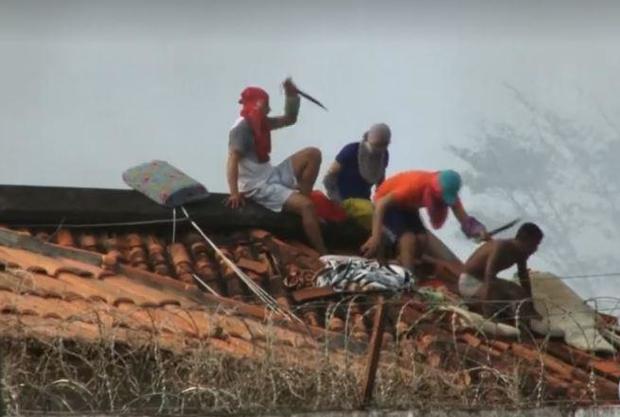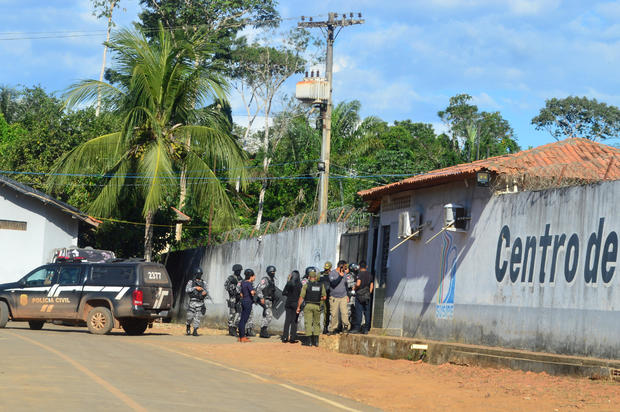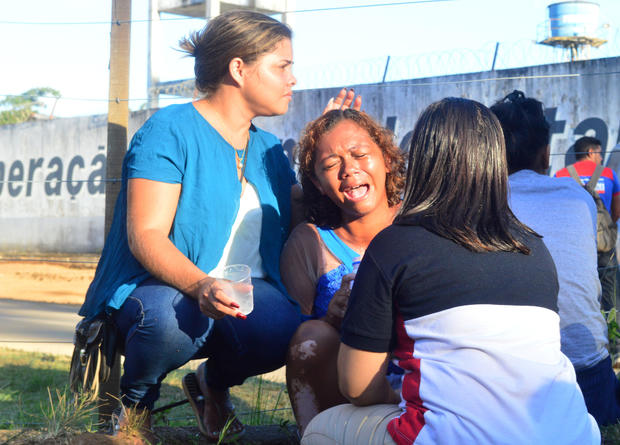NEW DELHI — V.G. Siddhartha, a wealthy tycoon who beat Starbucks to dominate India’s retail coffee industry but faced personal financial troubles, was found dead on Wednesday, the police said.
The police had carried out an exhaustive search for Mr. Siddhartha, founder of the popular chain Cafe Coffee Day, who was last seen Monday evening on a waterfront bridge outside the coastal city of Mangaluru, in southern India. Fishermen spotted his body floating near the shoreline on Wednesday morning.
Hanumantharaya, a senior police official who goes by one name, said the police were still investigating the cause of death.
Mr. Siddhartha, whose family has been in the coffee business for 130 years, became one of the world’s biggest traders after opening Cafe Coffee Day in 1996, earning him the nickname “the coffee king of India.” The company and its subsidiaries, which recently expanded to other countries in Asia and Europe, employ more than 30,000 people.
But Cafe Coffee Day and its parent organization, Coffee Day Enterprises, were thrown into turmoil in 2017, when the Indian tax authorities raided company offices. They said they had found undisclosed transactions and illegal income, which Mr. Siddhartha denied.
This year, the company’s stock took another hit as Mr. Siddhartha struggled to pay various lenders, leading to a liquidity crunch.
Mr. Siddhartha, his wife, Malavika Hegde, and companies affiliated with them held over 50 percent of the equity in Coffee Day Enterprises.
On Tuesday, the company released a copy of a letter, purportedly written by Mr. Siddhartha, that was addressed to the board of directors. The letter, which appears on Mr. Siddhartha’s letterhead and bears his signature, said that he was facing “a lot of harassment” from the tax authorities, and that he took responsibility for “all mistakes.”
“The law should hold me and only me accountable,” the letter says. “My intention was never to cheat or mislead anybody. I have failed as an entrepreneur.”

Business owners in India have long had a tense relationship with the tax authorities. High-profile cases of corruption and fraud by tycoons have engendered public distrust toward entrepreneurs. But critics say that in the name of getting tough on cheats, the authorities sometimes resort to harassment to collect on tax demands, including from honest citizens.
The result is frustration on all sides. The government struggles to collect the tax revenue it needs to fund social programs and build roads and power lines. Businesses struggle to comply with vague tax rules and burdensome enforcement practices. And multinational companies shy away from investing in India, fearful of becoming embroiled in lengthy disputes.
The country’s prime minister, Narendra Modi, has for years promised to untangle the knot. Campaigning for election ahead of his first term in office in 2014, Mr. Modi’s party inveighed against the “tax terrorism” that it said had soured India’s image in the eyes of big foreign companies.
Since taking power, the Modi government has enacted a national value-added tax that was meant to ease the compliance burden for businesses. Mr. Modi’s surprise decision in 2016 to cancel high-denomination currency notes was intended to force tax dodgers to turn over the cash they had squirreled away to avoid taxes.
But many of the root problems remain, even as institutions such as the World Bank have acknowledged the steps India has taken to make it easier to do business.
The police said that Mr. Siddhartha, who was in his late 50s or early 60s, had told his family he was going to a holiday resort on Monday. But he then asked his driver to take him to Mangaluru, about 200 miles from the company’s headquarters in Bangalore.
As evening set in, Mr. Siddhartha asked the driver to stop near the 30-foot Netravati River bridge outside the city, saying he wanted to walk.
According to local news reports, Mr. Siddhartha asked the driver to meet him on the other side of the bridge and then got on a call. When Mr. Siddhartha did not show up or answer his phone, which was switched off, the driver filed a police report.
After Mr. Siddhartha’s body was recovered, shares in Coffee Day Enterprises fell nearly 20 percent. Calls to the company’s headquarters in Bangalore were not answered on Wednesday, and its stores were ordered closed for the day.
In a statement on Tuesday, Sadananda Poojary, the company secretary and compliance officer, said that Coffee Day Enterprises was cooperating with the Indian authorities and that the company was “professionally managed and led by competent leadership.”
https://www.nytimes.com/2019/07/31/business/india-vg-siddhartha-dead-cafe-coffee-day.html
2019-07-31 10:26:53Z
52780342121531






